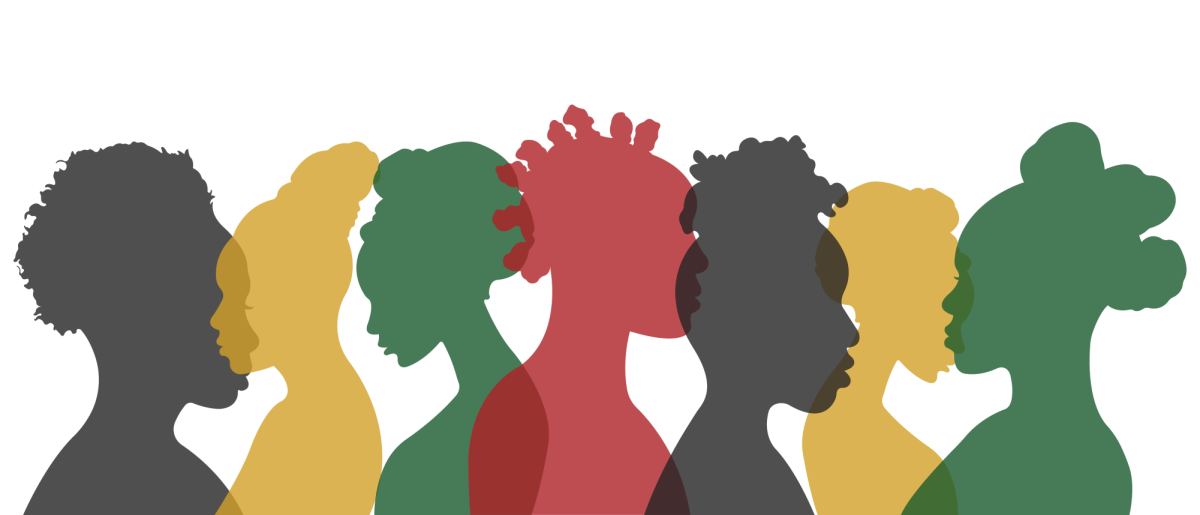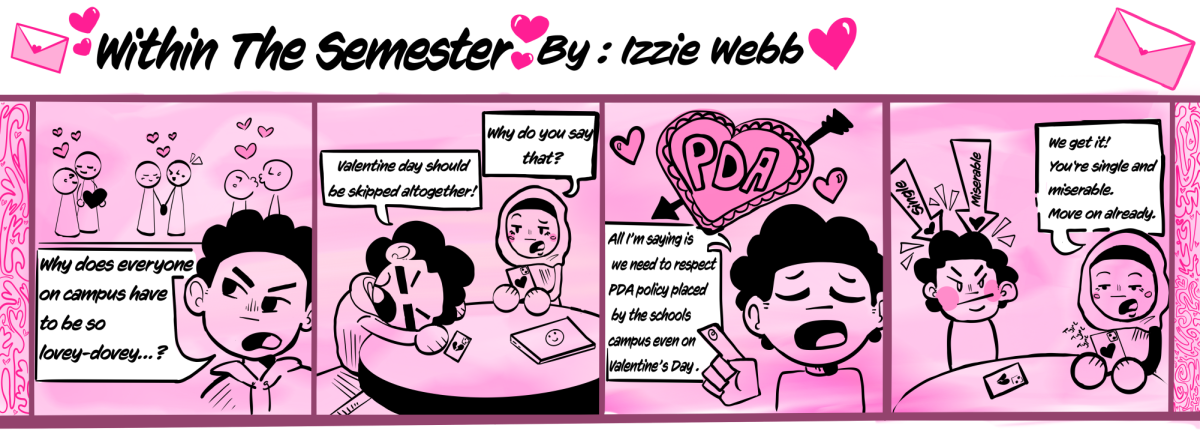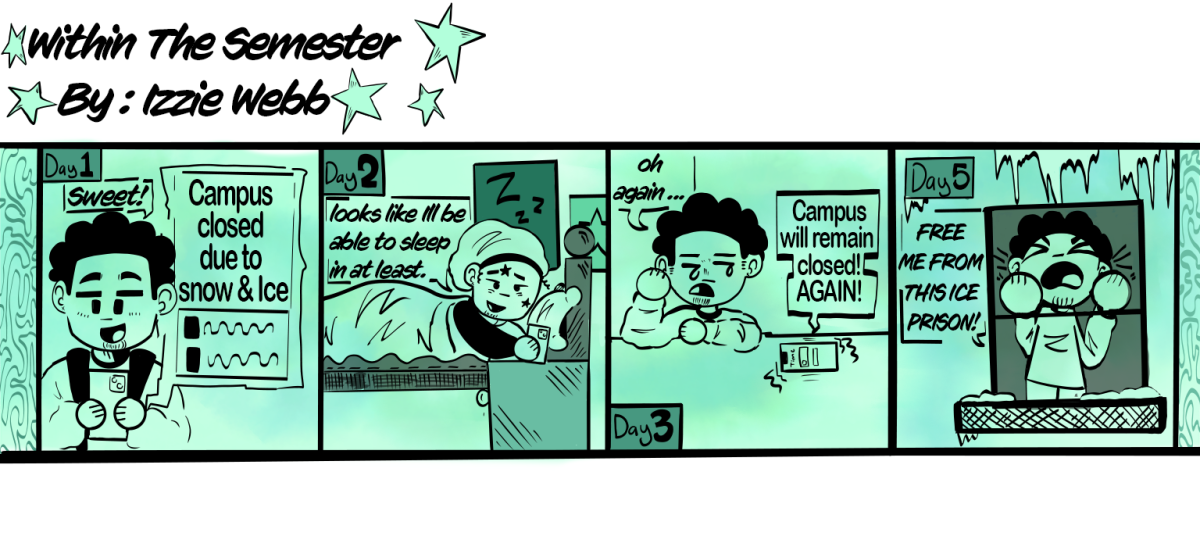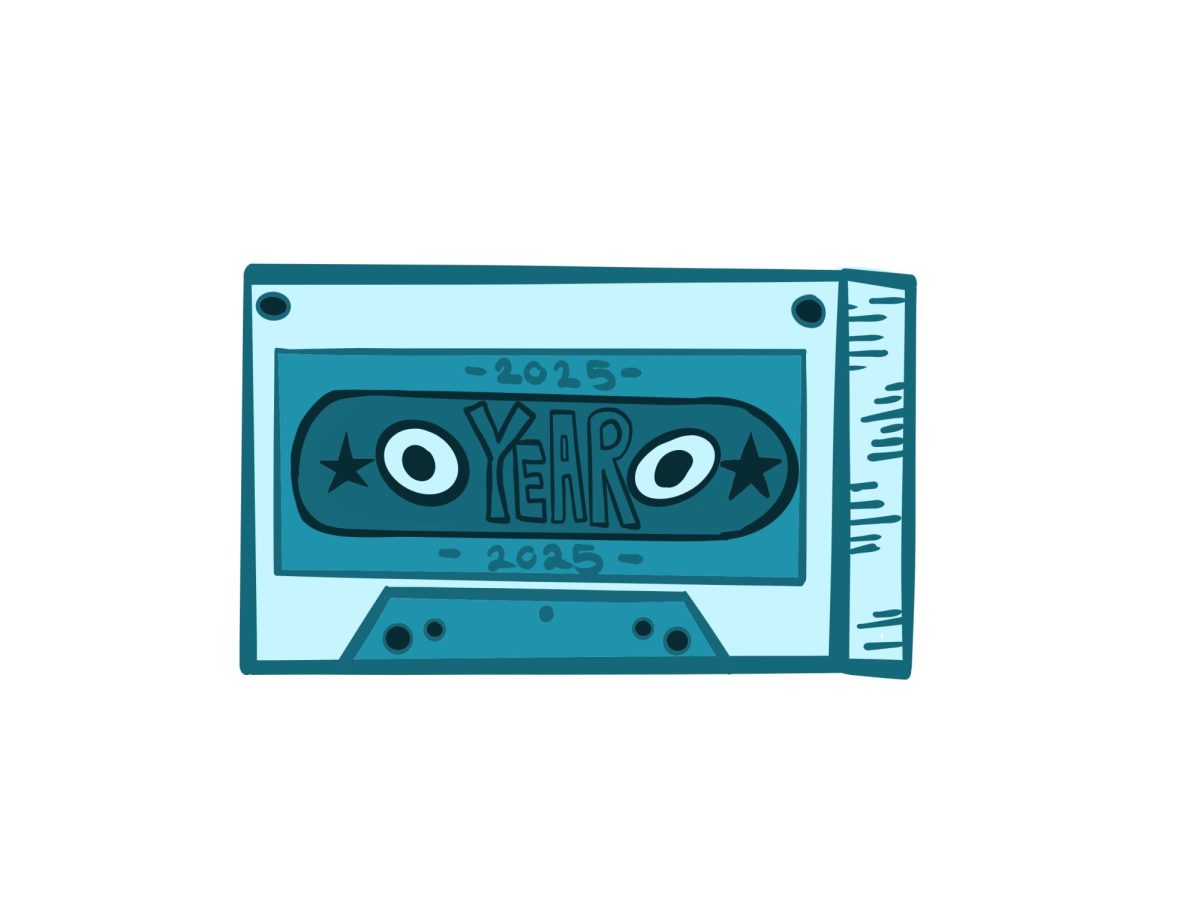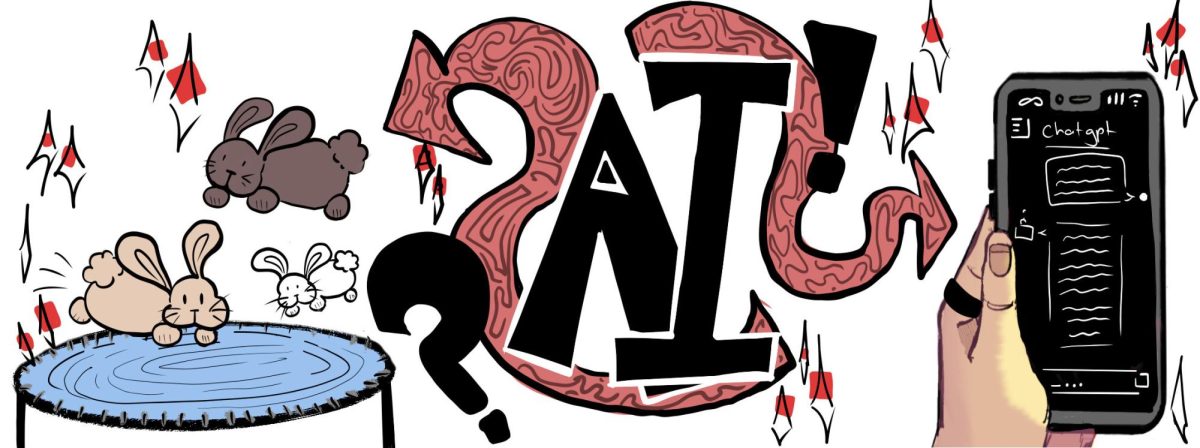
Diwali is a festival of lights and a celebration in honor of joy, friendships, family and success. Celebrated in most South Asian countries like India and Nepal, Diwali is not a holy celebration of a specific faith but is more of a tradition that can bring people of all religions together.
The celebration usually falls in the month of October, and this year, Diwali started in mid-October.
Diwali has variations in its name. Tihar, celebrated by the Nepalese, is another variation. Both Tihar and Diwali are a way to flaunt colored illustrations called Rangoli made by mostly women outside of their houses. During this time, people of Hindu religion honor deities like Lakshmi, the goddess of wealth, by cleaning and prepping their houses to cover them in many strands of lights.
Some TCC students, those away from home and those with family, shared how they chose to spend Diwali and what it means to them.
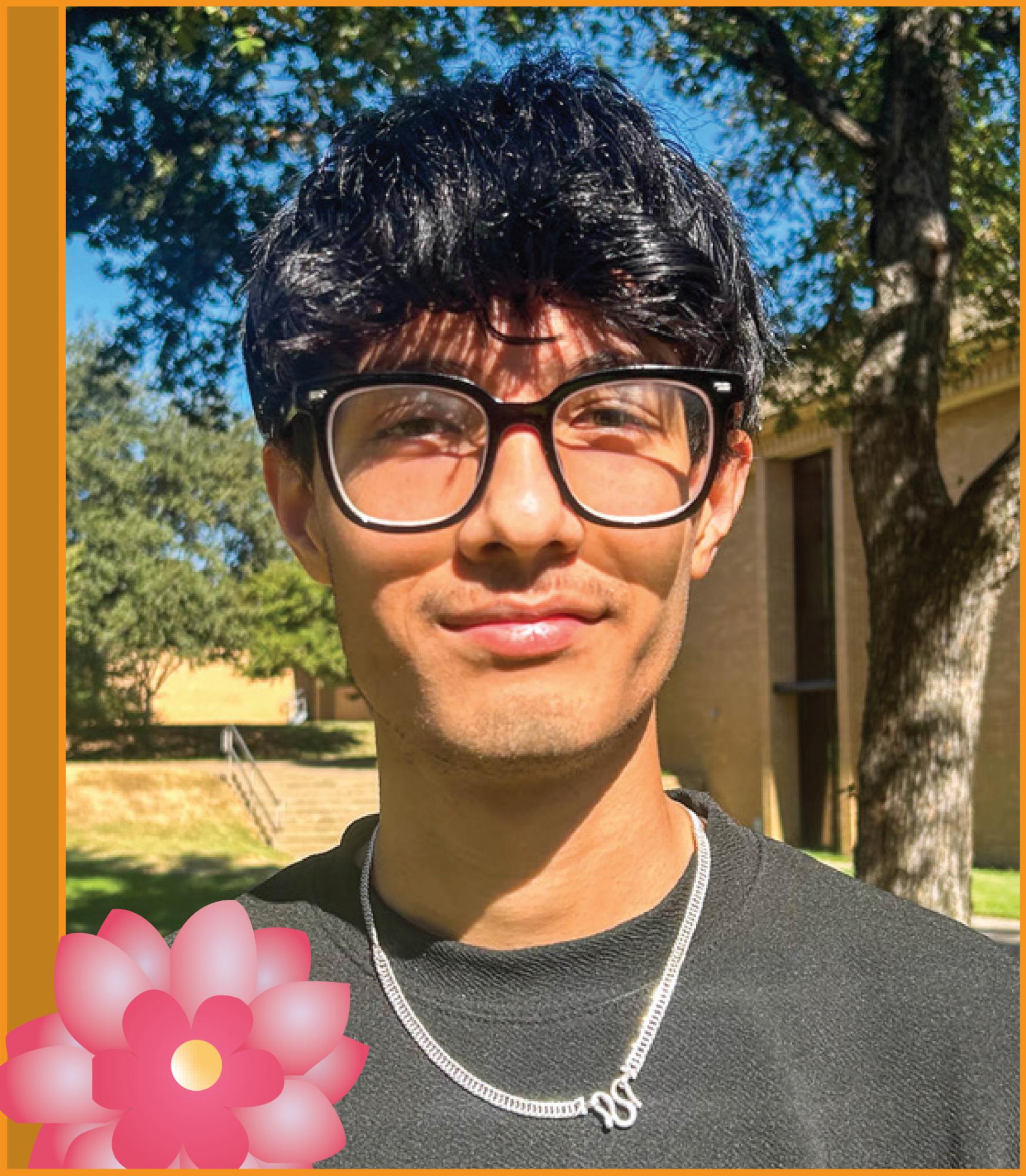
Ankit Thapa, NE Campus
“In Nepal, we call it as Tihar and in India, the people call it Diwali. It’s a festival for the Hindu religion which is a kind of celebration of getting together, and it’s a celebration
of lights and it is celebrated for five days.”
“We celebrate [the festival by] getting together with [our] family. [We] also go in different houses playing Deusi Bhailo. … singing, dancing and we get blessings from their families. We get money in advance for going to their houses and lighting up the festival.”
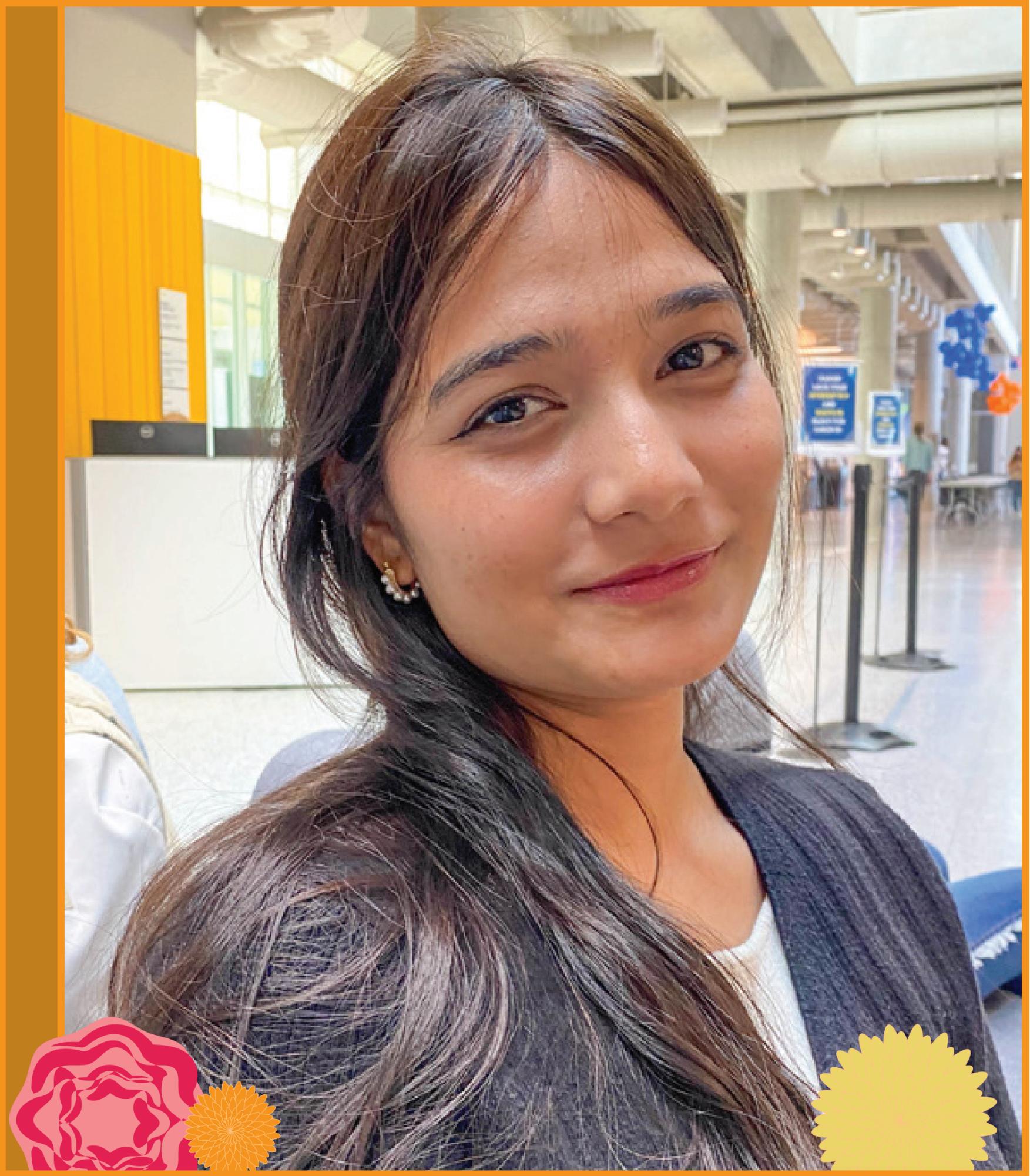
Samikshya Bista, NW Campus
“We celebrate it with our siblings together to make our bond stronger, gathering the brothers and sister at the same time [we celebrate] with some colors and lights and some delicious foods with our siblings. That is what Diwali means to me, especially [because] I’m far, from my hometown, Nepal. That’s why I really miss my siblings because they are really far from me. So I hope I will celebrate with them next year.”
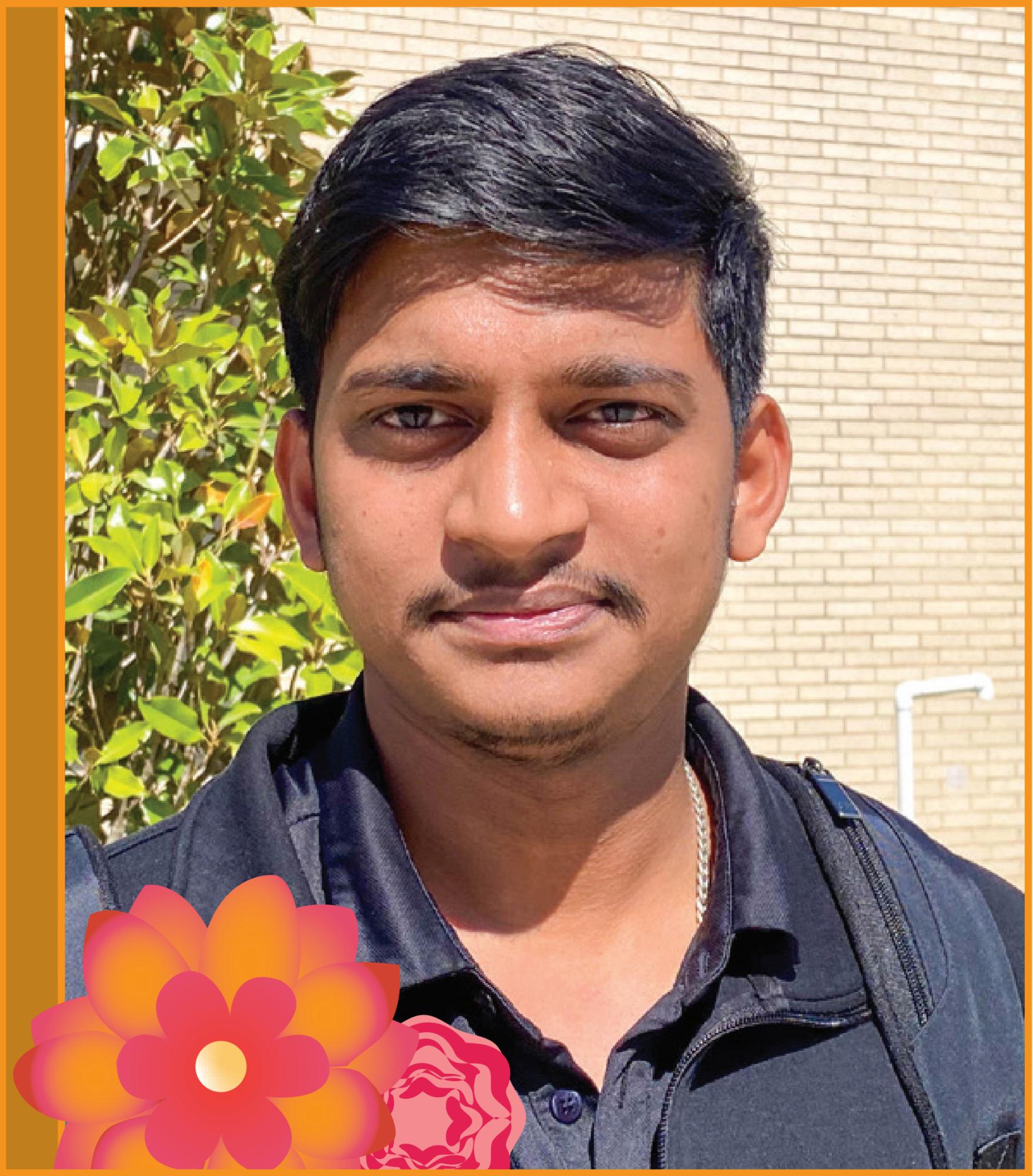
Abhishek Sah, NW Campus
“In the evening, we worship the God, and then later we eat sweets. … We do fireworks, which is fun, then we take blessings from our elders. I like to celebrate [Diwali] with my sister [Aarti] together because it’s a brother and sister thing, so I enjoy that. Then I also enjoy fireworks and the sweets. In our culture we have sel rot … and different sweets like [rasmalai]. There’s a bunch of them, but that’s my favorite part.”
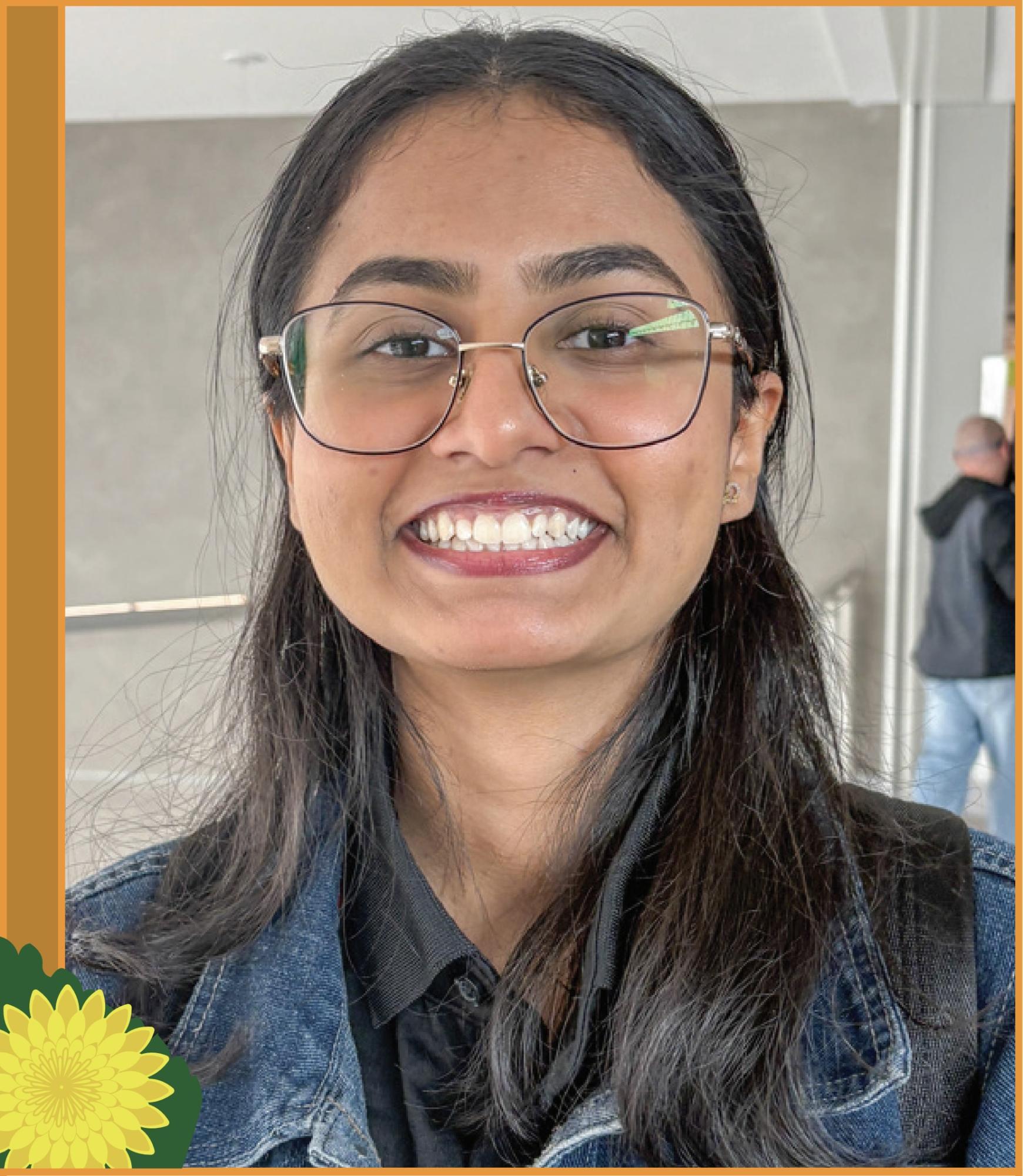
Nidhi Ahir, NW Campus
“We sometimes explode fireworks. Then we get together, wear traditional clothes and get gifts from our parents. This year I couldn’t celebrate it because I was here. I just videoed my family. But in my home country, we just get together in our grandpa’s house and all of our siblings, cousins, we just get together to make food. Just spend time as a family. We tend to decorate the entrance of the house with light different type of artwork. It’s pretty cool, it represents different colors. We see it as the most lightful day. We like to decorate the house with lights.”
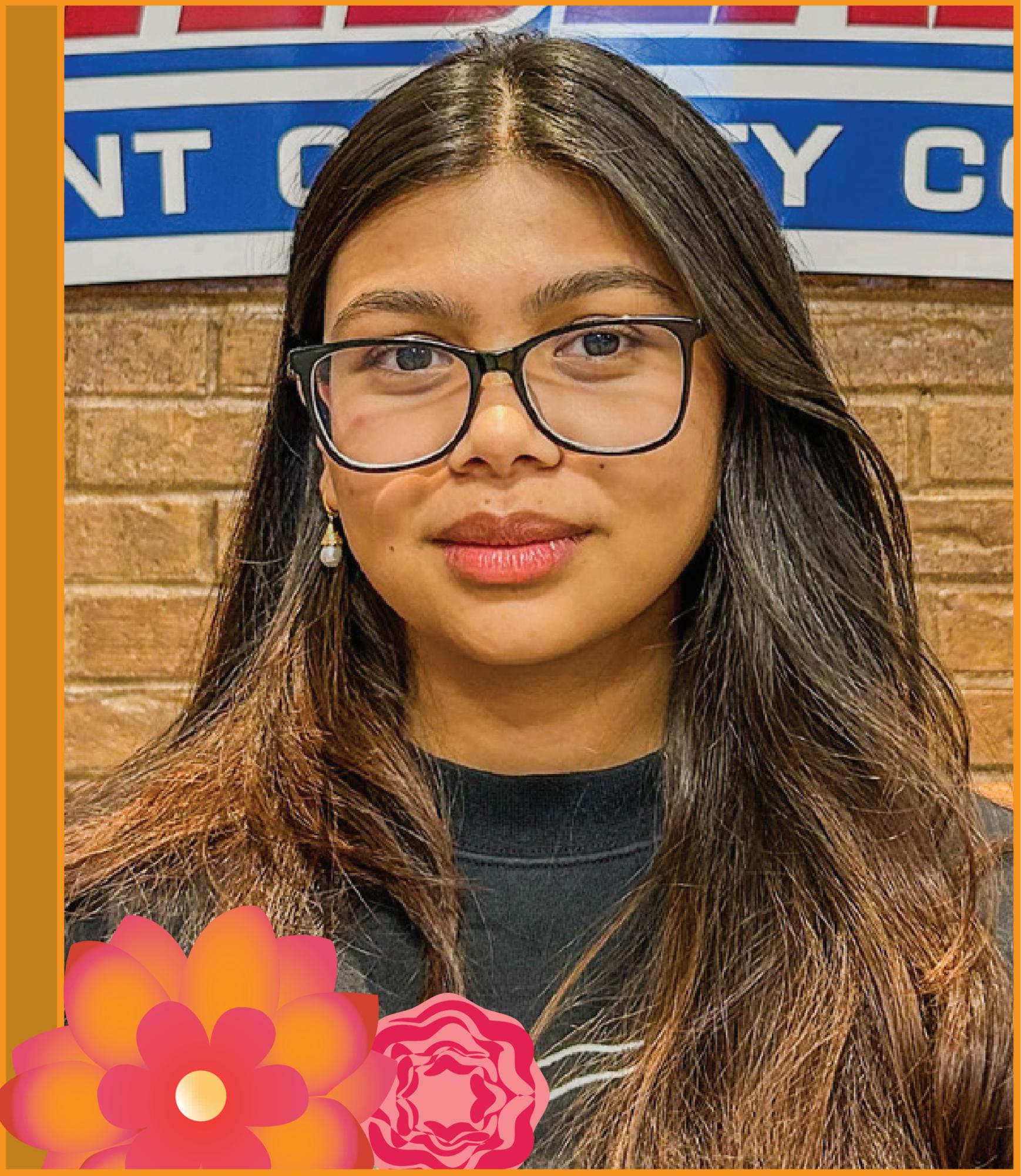
Yashaswi Shrestha, NE Campus
“For me, [Diwali] is a festival that is celebrated together. It’s a festival of lights, festival of getting together with your family, friends, … letting go all of your failures and bringing new hopes in your life. Away from home, it’s not fun, definitely, it’s not like what it used to be at my home. In Nepal, … the environment is different. You can feel the weather, you can feel the sun, you can feel the winter coming, and you can see people prepping their houses, cleaning their houses, bringing in new stuff for Tihar. But here, it’s like a normal day and you forget which day [it is] or which god is worshipped. It’s a random day where you go to college or where you go to work and then you forget about it.”
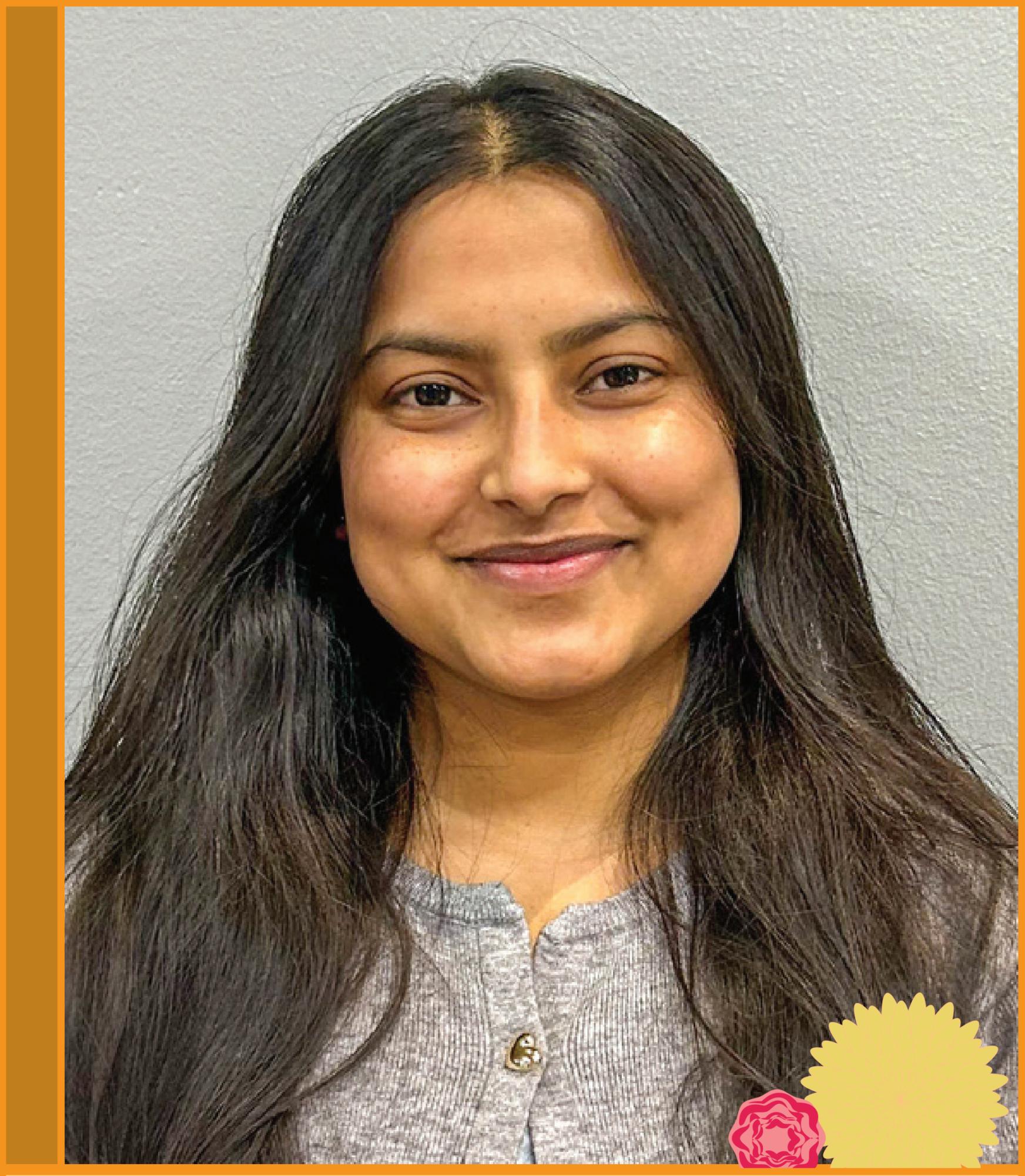
Apekshya Adhikari, NE Campus
“So, I say Tihar. The first day, we basically give food to crows, the second day is Kukkur Tihar which is like basically dog Tihar so we just put Tika [on them]. I never had a pet dog in my whole life, but we put Tika on street dogs, and we’d get food to them, a lot of dogs. I would also make the, how would you say it, Mala. I would make [it] by myself by plucking flowers from my own garden, and that would mostly be marigold flowers. The third day is Laxmi puja and Goru puja and we put tika on cows and worship them. On that day, we play Deusi Bhailo. I had lots of friends. And my cousins, my sisters, everyone would go to play Deusi Bhailo. What we do is like, usually, we prepare dances or like we would sing. … I think the last day, depends, like if I had [male] cousins near my houses, I would put tika on them. In Nepal, we don’t put tika on sisters’ foreheads.”
“The best part about [Tihar] is basically dancing with everybody. Also the best part [for me] is, I would make flowers, Mala. I’ve always enjoyed Tihar but this time, I have not been able to celebrate it with my family or not been celebrated even alone because I was basically alone and I had school. I went home and it was too late, so I couldn’t celebrate it, but I hope next year will be better.”
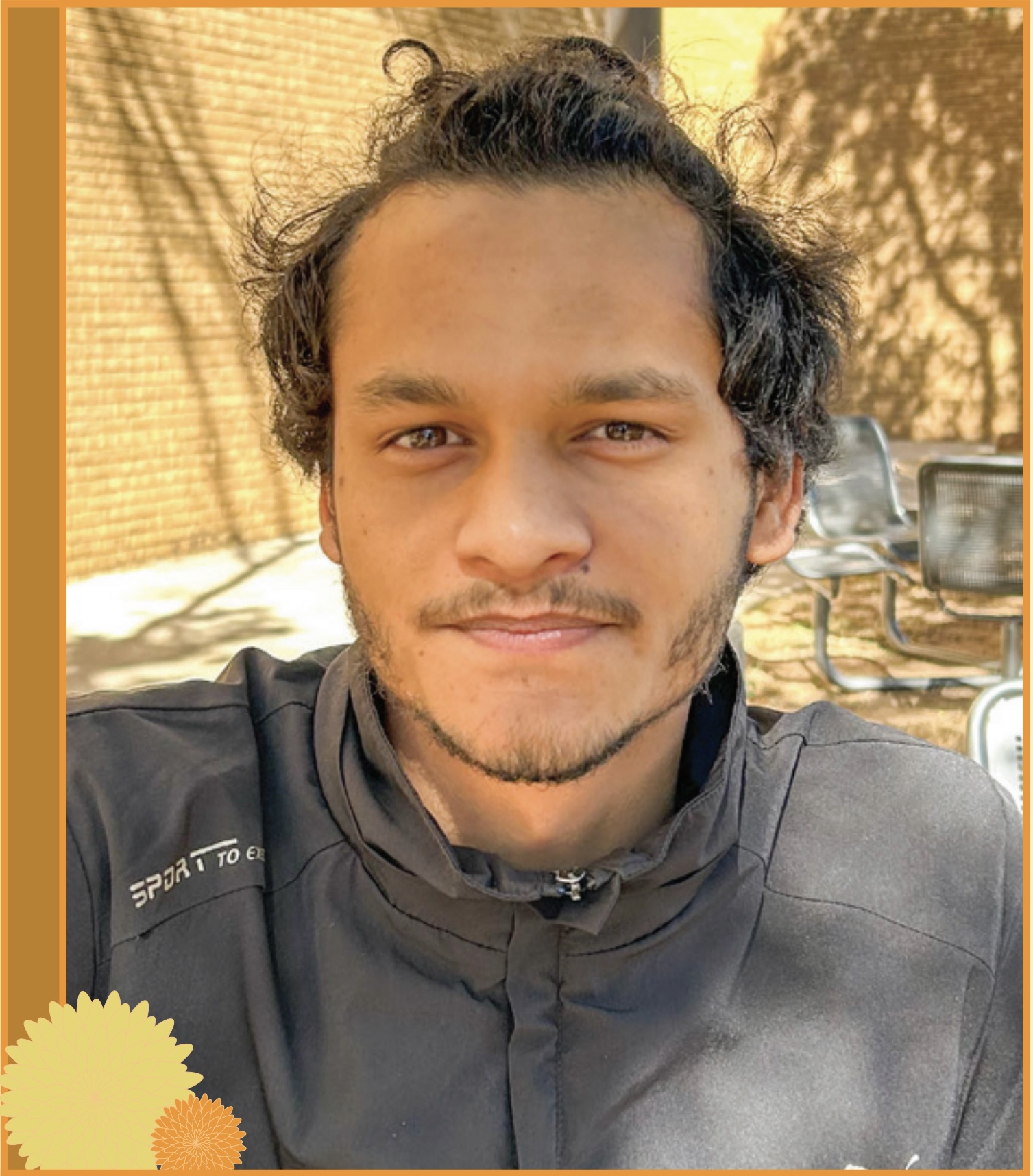
Aayush Basnet, NE Campus
“[My] definition of Diwali is color, the lights and the enjoyment, that’s all. Usually, we gather around with friends, play cards, drink and [eat] some food. I didn’t celebrate this year because I have a [death] in my family member. If any issue in a family member, if someone has passed away, we will be able to celebrate the festival. Like in my culture… no one’s gonna celebrate the festival if something [has] happened in the family.”
























